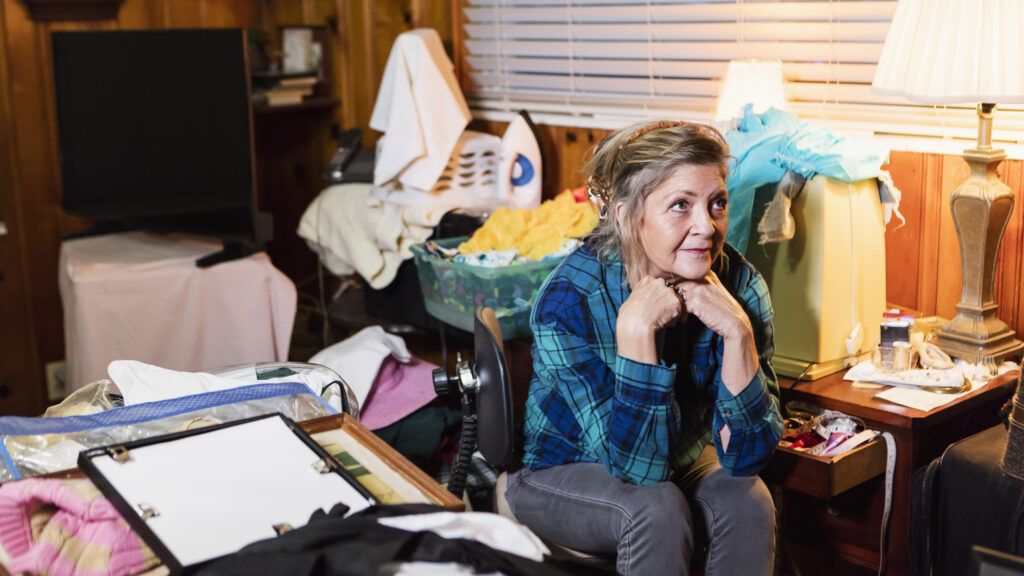This article is based on information provided by Home Instead Senior Care.
People with Alzheimer’s disease may at times deal with emotions related to loss, as well as with boredom. It is not unusual for them to react to these feelings by rummaging through drawers, closet or cupboards. In a misguided effort to hold onto familiar possessions, they may hoard or hide them away. When you understand that unmet needs are partly behind your loved one’s behaviors, you can better deal with them. The following tips can help you understand the behaviors and develop methods to cope with the hiding and rummaging.
Handling Rummaging
People with Alzheimer’s display a variety of repetitive behaviors, including rummaging through drawers or papers. This particular behavior can be triggered by nervousness, boredom, anger, or vulnerability.
These tips can help you as a caregiver:
· Appreciate that this curious system is a function of the disease that can’t simply be stopped.
· Try to identify what brings on the behavior.
· Focus on the person more generally, rather than dwelling on the behavior.
· Redirect annoying or problematic rummaging to a less problematic alternative.
· Put together a dedicated box or drawer for this behavior.
· See if you can come up with other activities involving the hands, as a way to channel the nervous energy. These could involve balling yarn, working with hand tools, or playing with worry beads.
· Speak reassuringly and use positive body language.
What to Consider When Your Loved One Hides or Misplaces Things or Rummages
· Don’t overreact if items go missing. Stay calm.
· Help your loved one maintain a regular routine.
· Keep valuables locked away.
· Pay attention to daily mail.
· Encourage positive rummaging.
· Keep an eye on your loved one to determine whether he or she is hiding things.
· Think about installing a surveillance camera in the home if items continually come up missing.
· Regularly check the trash before it is put out.
· Get duplicates of items to replace things more quickly and smoothly.
Soothing Ways to Talk About Hiding and Misplacing Items or Rummaging
“Dad, I’m sorry we can’t find your book. I’ll look for it later. I am sure it will turn up.”
“Dad, I probably misplaced the remote control myself. Don’t worry, I’ll find it.”
“Dad, it looks like you’re looking for something in the drawer. Can I help you?”
“Mom, your scarf is not in this drawer. Why don’t we take a walk and look for it later.”
“Let’s leave your glasses on your dresser, Mom, where we know we can both find them.”
“Mom, I know you’re upset you can’t find your make-up compact. Let’s go to the store and get a new color!”
Tips to Prevent Your Loved One From Rummaging or Misplacing and Hiding Items
· Get organized.
· Take charge of valuables.
· Use creativity.
· Regularly check your loved one’s usual hiding places.
· Look through the garbage whenever you’re taking it out.
· Make sure your loved one is occupied with activities throughout the day.
3 Tips for Caregivers of People Who Rummage or Hide and Misplace Things
· Clear away clutter.
· Stress can wear on you. Allow yourself to take breaks.
· Stay as organized as possible. It will make your life run more easily and efficiently.






